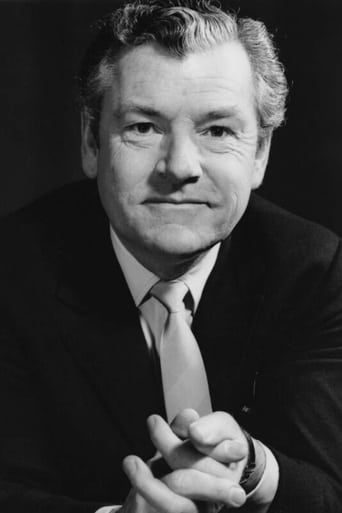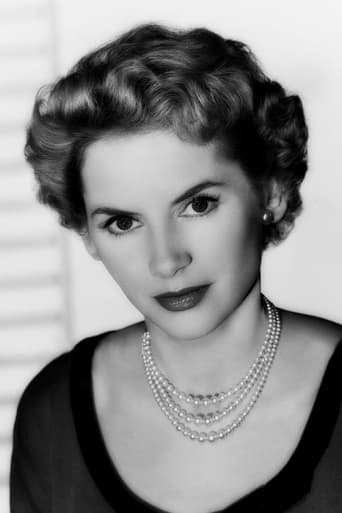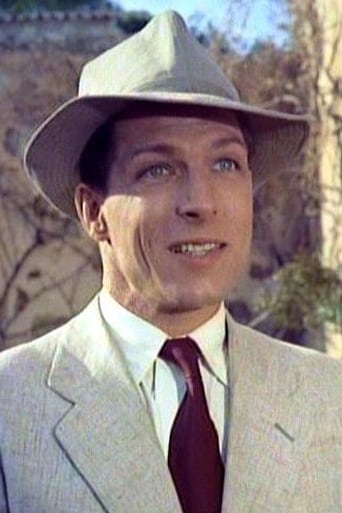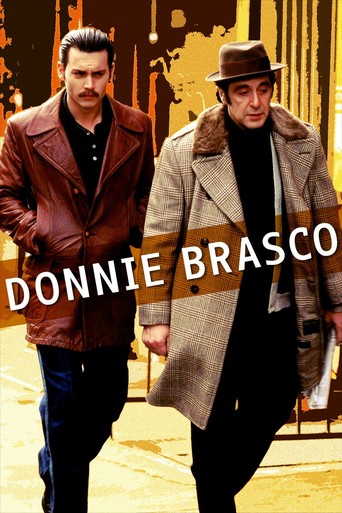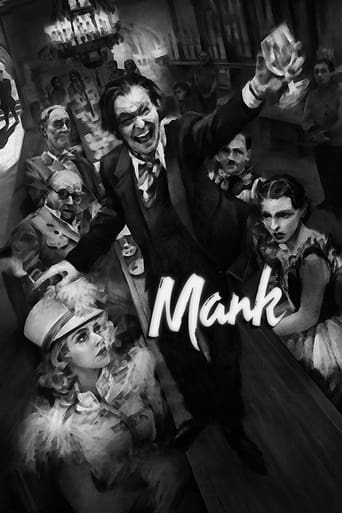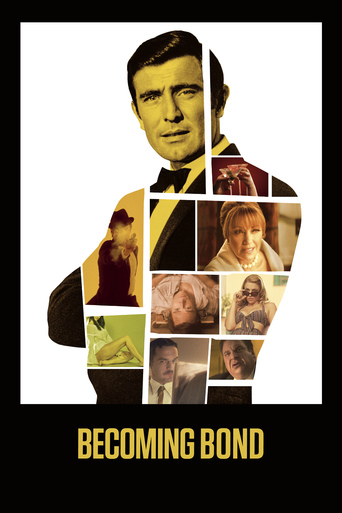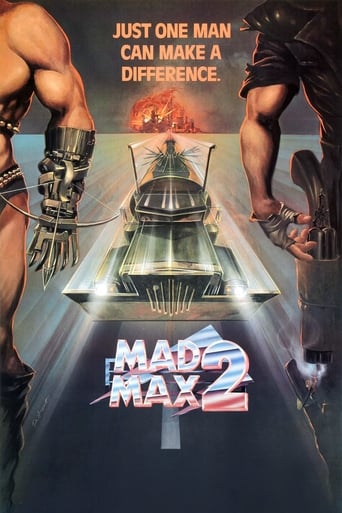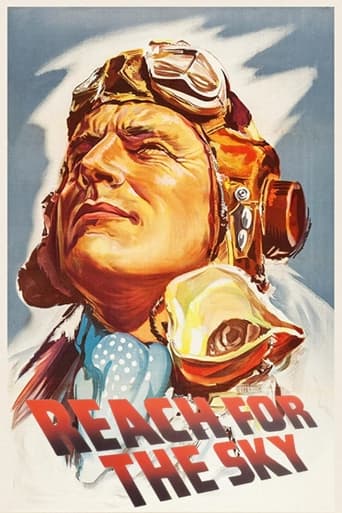
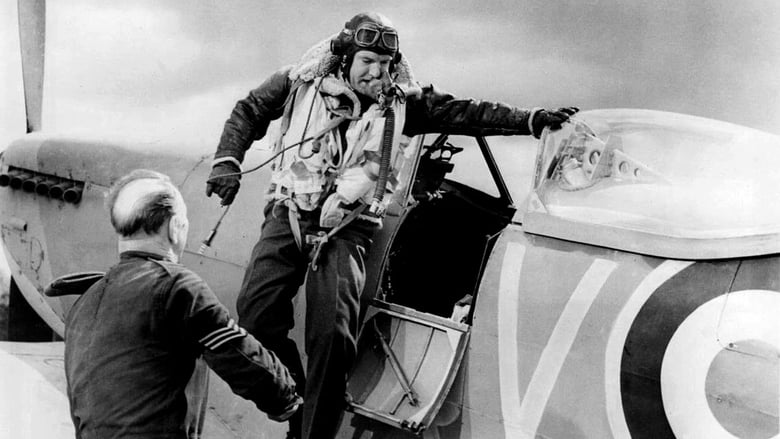
Reach for the Sky (1956)
The true story of airman Douglas Bader who overcame the loss of both legs in a 1931 flying accident to become a successful fighter pilot and wing leader during World War II.
Watch Trailer
Cast


Similar titles
Reviews
This film tells the story of pilot Douglas Bader from the time that he first joined the RAF to train as a pilot in 1928 till the end of the war in 1945; it is an amazing story of his determination to continue flying despite losing both legs in an accident that should have killed him in 1931. In a surprisingly short time he is up and about on a peg-leg and a pair of crutches; that isn't good enough for him though and it isn't that much longer before he is having a pair of artificial legs fitted. The doctors tell him he will need a stick but he refuses and with some practice is able to walk again. He may not fly though despite proving that he is able to; rather than fly a desk in the RAF he takes an office job and marries a girl he met while convalescing. He finds his work tedious so is keen to rejoin the RAF once the war starts; with a shortage of good pilots they need him. He soon proves that he is a good tactician as well as an excellent pilot and is given his own squadron and then a wing. Once the Battle of Britain has been one he finds himself taking the fight to the enemy over occupied France; it is during one such sortie that he is shot down and taken prisoner. He isn't content to wait for the war to end and keeps attempting to escape until he is eventually sent to Colditz.Before watching this I knew some of Douglas Bader's story but this film really does bring home just what a remarkable man he was. A lot of this was down to Kenneth More's magnificent performance; he made Bader's struggle to walk again difficult to watch as it was so believable and each fall looked so painful that he seemed doomed to fail despite knowing from the start that he will not only walk but also fly! The rest of the cast but in solid performances and the scenes of air combat are fantastic; this is largely down to the use of archive footage of actual aerial combat. If you are interesting in the history of flying, the Second World War or just want to see a truly inspirational film about a real person overcoming the odds then this is a must see!
While perhaps too long, but just a tad, Reach for the Sky is a very compelling, moving and inspiring movie, that treats its subject matter with dignity. The story is always compelling and paced very nicely, the music is stirring, the dialogue is thoughtful with a bit of humour, the film is wonderfully made with beautiful cinematography, costumes, sets and scenery and Bader at the end despite any faults character-wise he has is one to take inspiration from. Gilbert's direction is masterful, seamlessly making the drama equally as good as the action sequences, and I think Bader is Kenneth More's best ever performance, he is just marvellous. All in all, compelling, beautifully shot and just not a movie to miss really. 9/10 Bethany Cox
I am going to be rather biased in my review of this film as Group Captain Sir Douglas Bader C.B.E., D.S.O, D.F.C is in my opinion, only one step lower than the Almighty himself, on par with Churchill, Wellington and Nelson as one of the greatest Englishmen that ever lived.Some may argue that he was an arrogant and dogmatic man, and of course in many ways you will be right, but if you had lost both of your legs at the young age of 21 and had to fight every inch of the way just to be treated as an equal rather than a 'cripple', wouldn't you be a bit arrogant too? I know I sure as hell would be.In those days Englishmen were Englishmen and that meant being forthright and brave, with Bader's situation the way it was, he just had to be a bit more forthright and bit more brave to prove to himself he was not a second rate Englishman, so don't knock him.He was such a generous and kind man, who worked tirelessly and selflessly, to help people with similar disabilities to his own, especially children.However his charitable work is not even hinted at in this film, which only covers the period from 1928 when he entered Cranwell R.A.F College, until 1945 and the end of the War.We see the young Bader excel at sports like Cricket and Rugby and we see him take his first solo flights on his road to becoming not only one of the finest pilots in the R.A.F but one of the foremost aerobatic display pilots in the world.But we see a dramatic and tragic fall from grace, as on 14th December 1931 Bader stupidly accepts a challenge to perform aerobatics at stupidly low height, and the result is the near fatal crash, which costs Bader both his legs, and the complete destruction of his entire way of life.We then follow him, through a tough and trying, mental and physical battlefield as he tries to rebuild his shattered life. Bader has to come to terms with each obstacle on his road back to fitness and mobility, and through this film we almost feel as if we are struggling with him, from the first few jerky hops on a 'peg-leg' to the first tottering baby steps on the new state of the art artificial tin legs.We the audience are so engrossed in his brave fight that we automatically reach out and are ready to catch him as he stumbles.Once he has returned to full health and after being grounded and 'phased out' by the R.A.F., we follow Douglas into civilian life as he takes on an uninspiring job, his marriage to his beloved wife Thelma, and the pursuit of his new found love of golf, which he feels is a 'sport he can play on equal terms with anyone'However when the Second World War erupts in 1939, Douglas once again takes up the fight with the R.A.F. in his mission to return to active service. This time urgency seems to over ride caution and Bader is accepted, and is soon given a command of a squadron, in the run up to the Battle of Britain.When Bader's own ideas of fighter tactics reach the ears of Fighter Command, he is given latitude to put these ideas in to action, and his squadron is soon joined by two others until eventually Bader was the first person to lead a formation of five squadrons into battle in a tactic known as The Duxford Wing.However on the 9th August 1941, Bader's Spitfire collided with a Messerschmitt 109 and he was forced to bail out behind enemy lines, and as a result he spent the remainder of the war a P.O.W. in Germany, yet this set back did nothing to curb his British spirit or his dogmatic personality, as he regularly baited, insulted and outwitted the Germans at every occasion, making several escape attempts over the next four years.The film ends with newly promoted Group Captain Bader, leading the ceremonial Battle of Britain victory fly past over London on 15th September 1945, showing actual footage of the formation, with Bader's Aeroplane flying solo in front.Paul Brickhill's biography on Bader, on which this film is based, is a must read for anyone who is interested in this extraordinary life, and I thoroughly recommend it, as it goes into the finer detail, a motion picture could not possibly hope to cover.However, even the book does not give a full biography of the man, as it was printed in 1954, when most of Bader's charitable achievements, the death of his wife, his Knighthood, second marriage and sudden death from heart failure at the age of 72 were still a long way off.However the plus point of making a bio-pic of a character who was still living, was that Bader was able to have full input into the movie, most notably when it came to the casting of his wife. His exact words on this subject were, 'I'm not going to have some silly tart playing my wife.' But when Bader found out that Muriel Pavlow had been cast he was overjoyed and gave his full approval. Also he became great friends with Kenneth More who portrayed Douglas in the film, in fact the two had become so close he was deeply saddened and affected by More's death which occurred just a few weeks before his own.However, Kenneth More, is the perfect Bader, Muriel Pavlow is a glamorous and heartfelt Thelma and Lewis Gilbert superbly directs, this story of courage and fortitude, a story of a hero amongst heroes, who despite his appalling disabilities, fights on to become not only a Battle of Britain ace, but an inspiration to millions of people worldwide.
While this may seem 'corny' to some people, this movie instills hope, courage and determination for anyone old enough to understand the concept. To overcome such obstacles, to persue their beliefs/ convictions are lessons to all of us, not just the disabled. Kenneth More is outstanding in the leading role, although I did think that his dog was rather cute. (husband nods disaprovingly).


